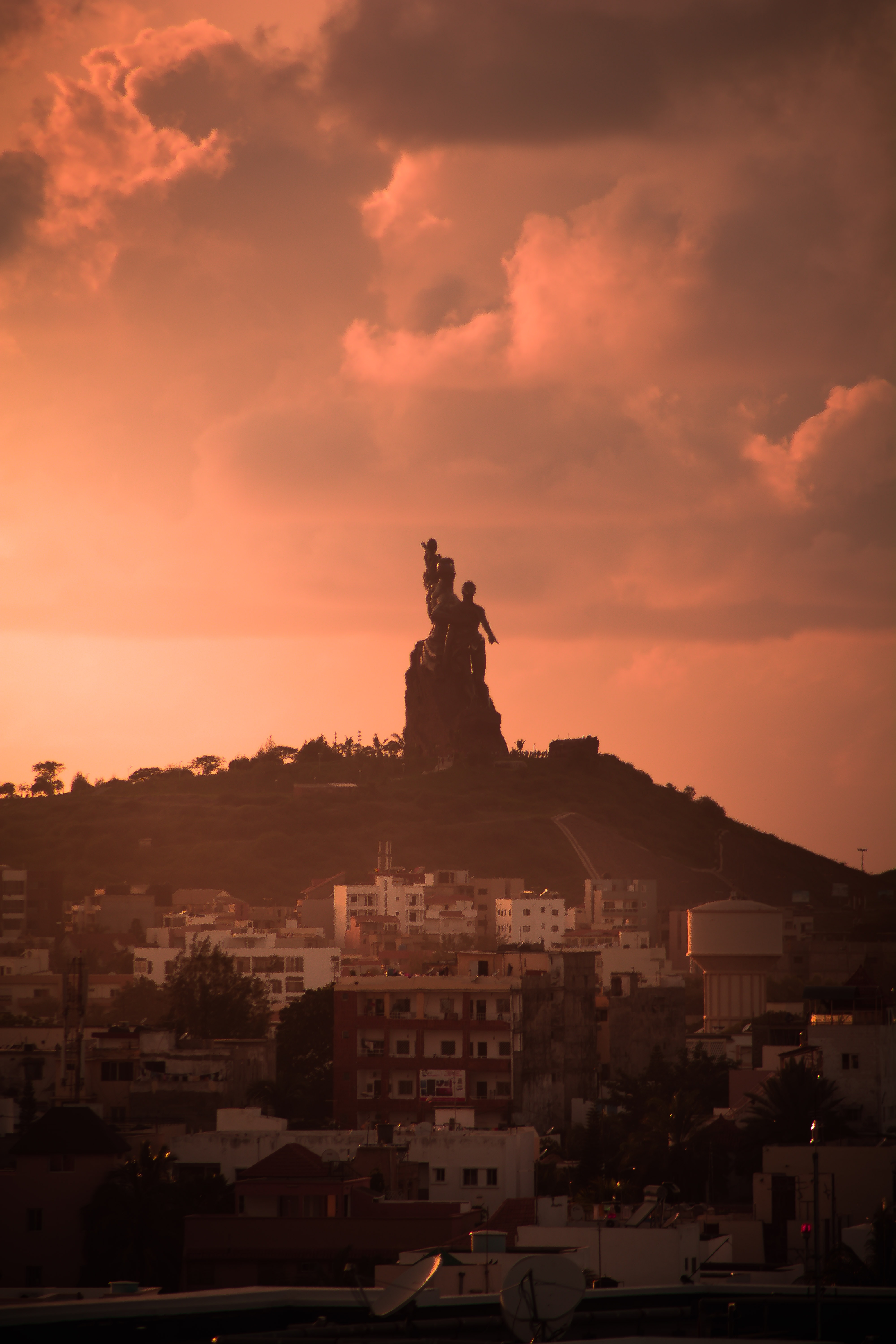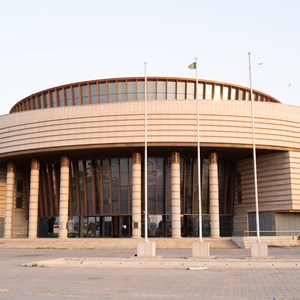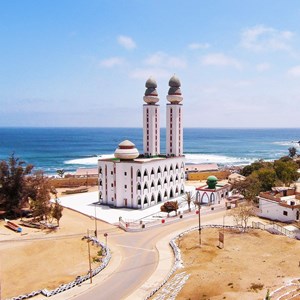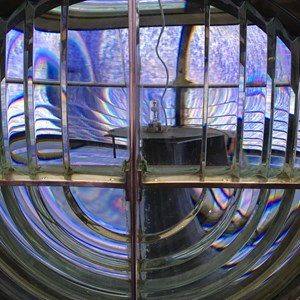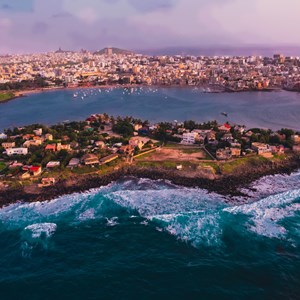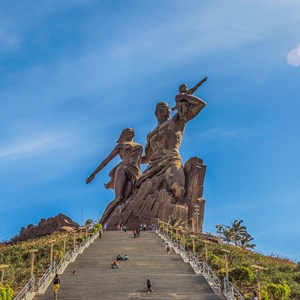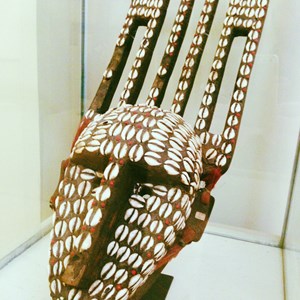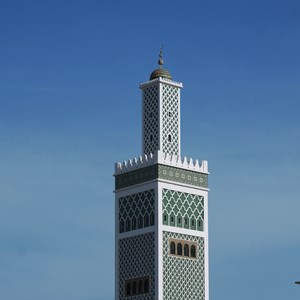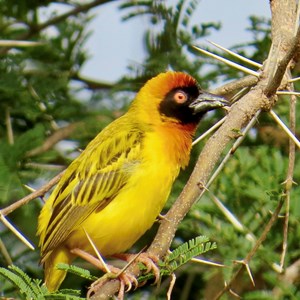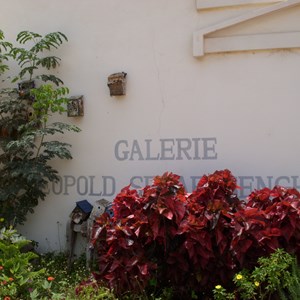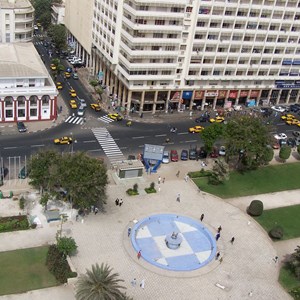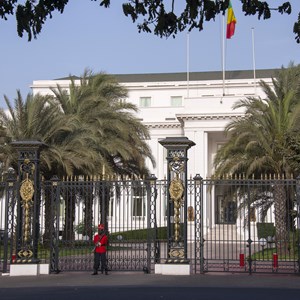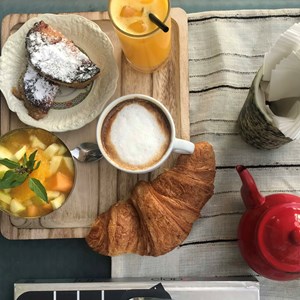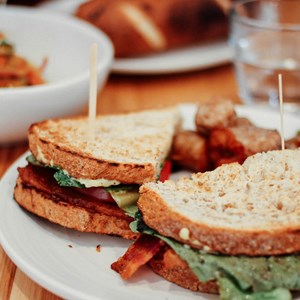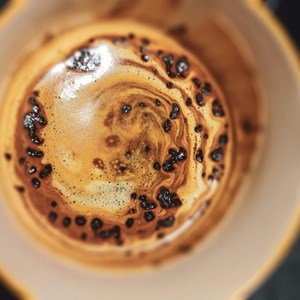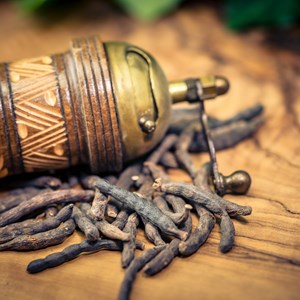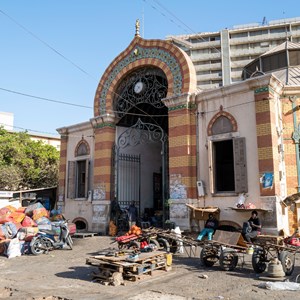

The hook-shaped peninsula sticks out westward into the Atlantic Ocean, reaching from the Old World to the New, harbouring the westernmost city on the African mainland: Dakar. Senegal’s capital city represents Africa's development better than almost any other, boasting the comforts and luxuries of modern living, while firmly keeping a grasp on its history and traditions. The bustling markets of downtown are juxtaposed with the laid-back pace of Île de Gorée and the surrounding beaches, making a visit to Dakar a fascinating experience of contrasts.
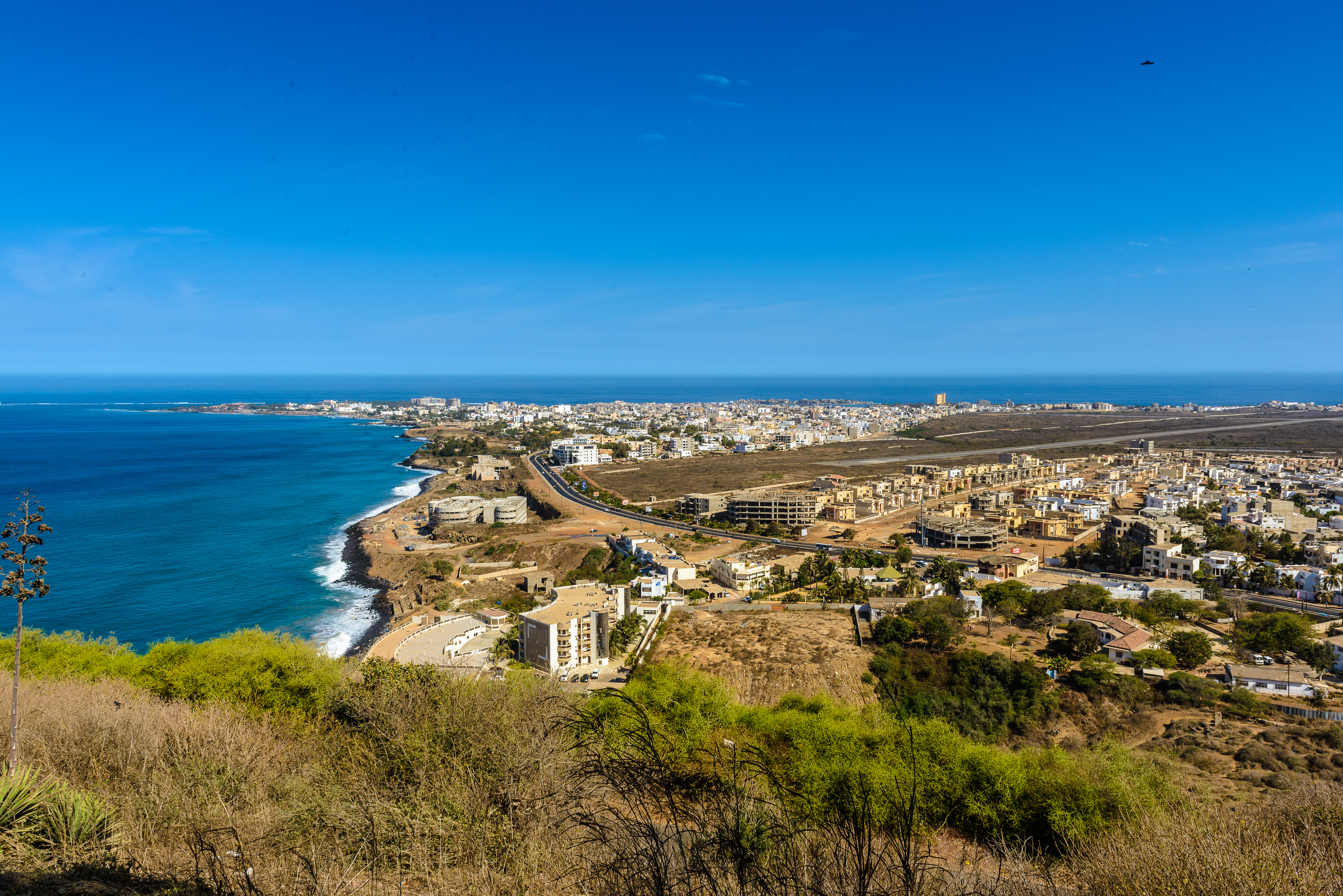 Anton_Ivanov/Shutterstock
Anton_Ivanov/Shutterstock
The City
Located on the Cape Verde Peninsula, Dakar has been an important crossroads for trade, culture, and governance in West Africa for centuries. Originally settled by the Lebu people, a subgroup of the Wolof ethnic group, in the 15th century, the city still retains its roots in neighbourhoods like Ouakam, Ngor, Yoff, and Hann. The name ‘Dakar’ comes from the Wolof word 'dakhar', meaning tamarind tree, a nod to the natural landscape that shapes the city.
Established by the French in 1857, Dakar quickly grew into a centre of commerce and administration, evident in its colonial-era buildings, embassies, and the business district around Place de l’Indépendance. Today, the port is bustling with industries like peanut oil production and fish canning, while cultural landmarks like the Grand National Theatre, the Théodore Monod African Art Museum, and the Museum of Black Civilizations highlight its artistic legacy.
Dakar's cultural heritage, shaped by a complex colonial past, has fostered a unique social blend of European, North African, and West African influences. This mix is visible in the city’s thriving art scene, diverse quarters, and lively markets, inviting exploration at every turn.
Do & See
Giant bronze statues, fantastic art museums, mosques, cathedrals and tons of fascinating history mean that you're sure to find plenty to do in Dakar. If you feel like exploring a bit further outside the city, attractions like the pink Lake Retba, the Tortoise Village, and the nearby car-free Gorée Island make for great day trips.
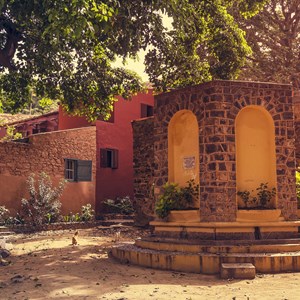 Oksana Ph/Shutterstock
Oksana Ph/Shutterstock
Gorée Island
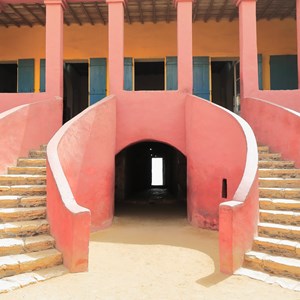 rweisswald/Shutterstock
rweisswald/Shutterstock
House of Slaves & its Door of No Return
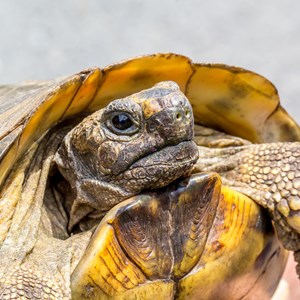 sinerji/Shutterstock
sinerji/Shutterstock
The Tortoise Village
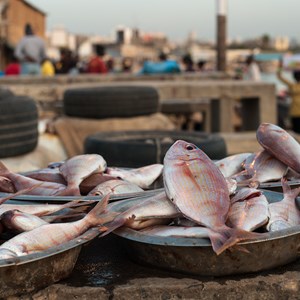 Leonie Broekstra/Shutterstock
Leonie Broekstra/Shutterstock
Médina
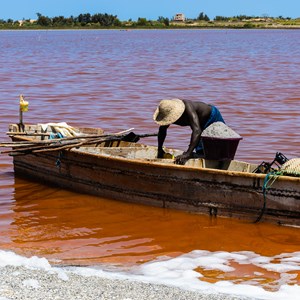 Anton_Ivanov/Shutterstock
Anton_Ivanov/Shutterstock
Lake Retba
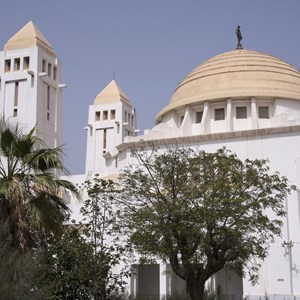 Salvador Aznar/Shutterstock
Salvador Aznar/Shutterstock
Our Lady of Victories Cathedral
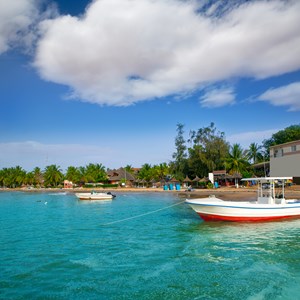 holbox/Shutterstock
holbox/Shutterstock
Océanium
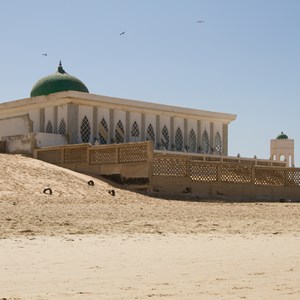 antpun/Shutterstock
antpun/Shutterstock
Layen Mausoleum
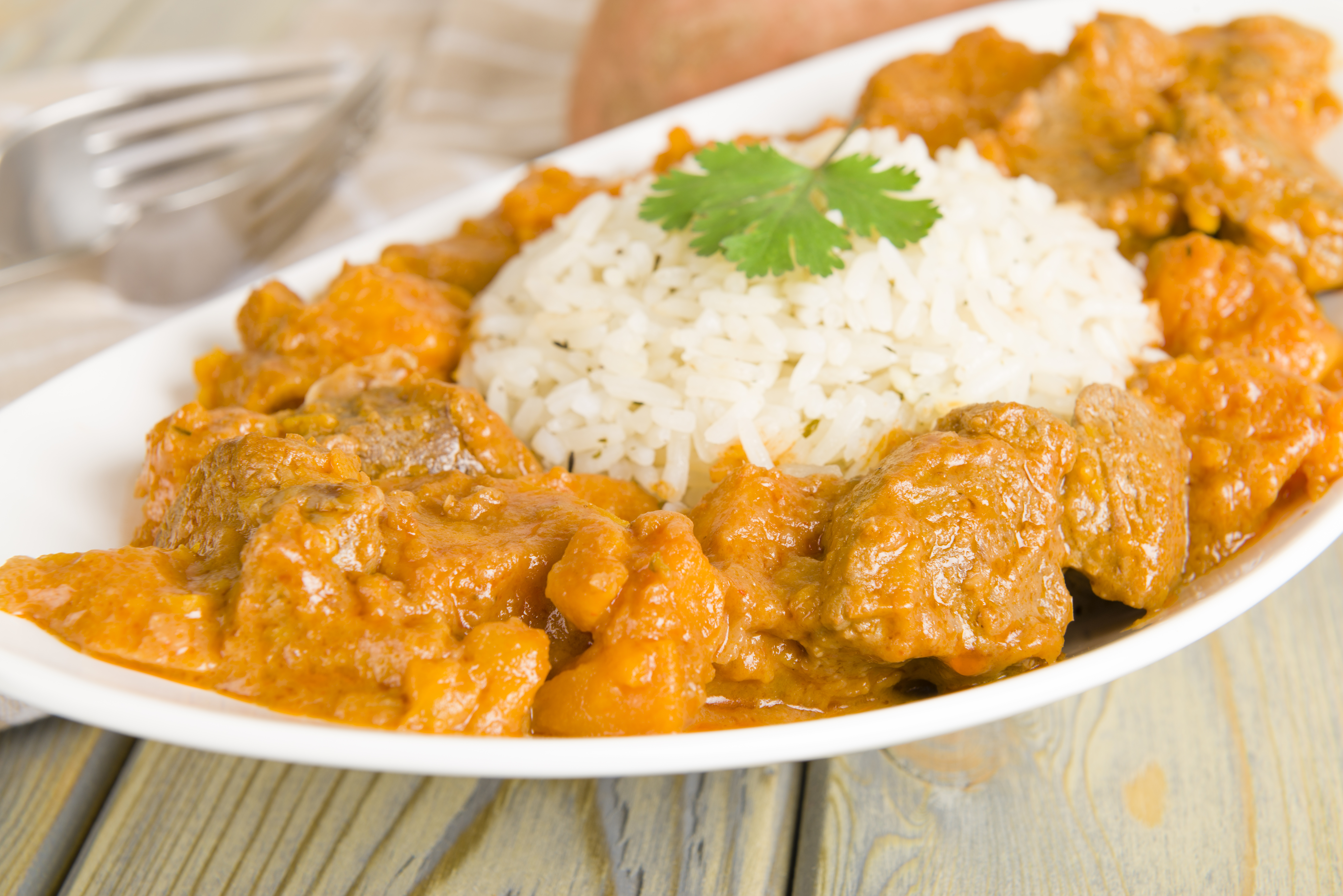 Paul_Brighton/Shutterstock
Paul_Brighton/Shutterstock
Dining
Senegal's cuisine reflects its multicultural population, blending North African, French and Portuguese influences with local ingredients and the culinary traditions of its varied ethnic groups. Fish, lamb, peas, peanuts, couscous and lentils are staples in Senegalese dishes. Don't miss the chance to savour refreshing juices made from fresh fruits like mango and soursop.
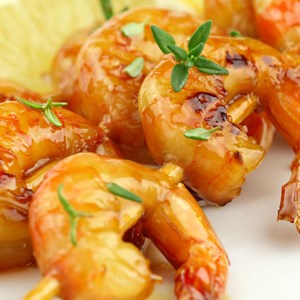 kuvona/Shutterstock
kuvona/Shutterstock
La Cabane du Pêcheur
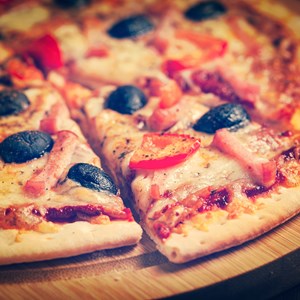 f9photos/Shutterstock
f9photos/Shutterstock
Ali Baba
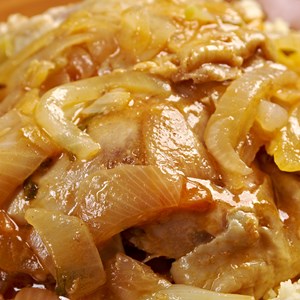 Fanfo/Shutterstock
Fanfo/Shutterstock
Chez Loutcha
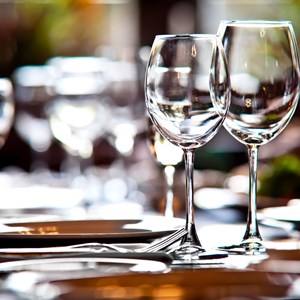 Andrey Bayda/Shutterstock
Andrey Bayda/Shutterstock
La Fourchette
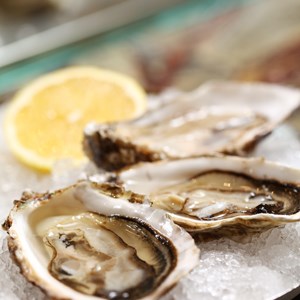 Yeko Photo Studio/Shutterstock
Yeko Photo Studio/Shutterstock
Le Lagon 1
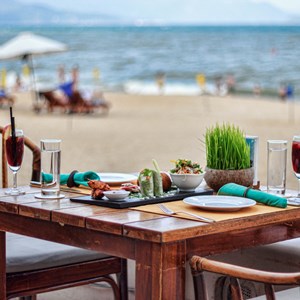 Insight Studio/Shutterstock
Insight Studio/Shutterstock
Noflaye Beach
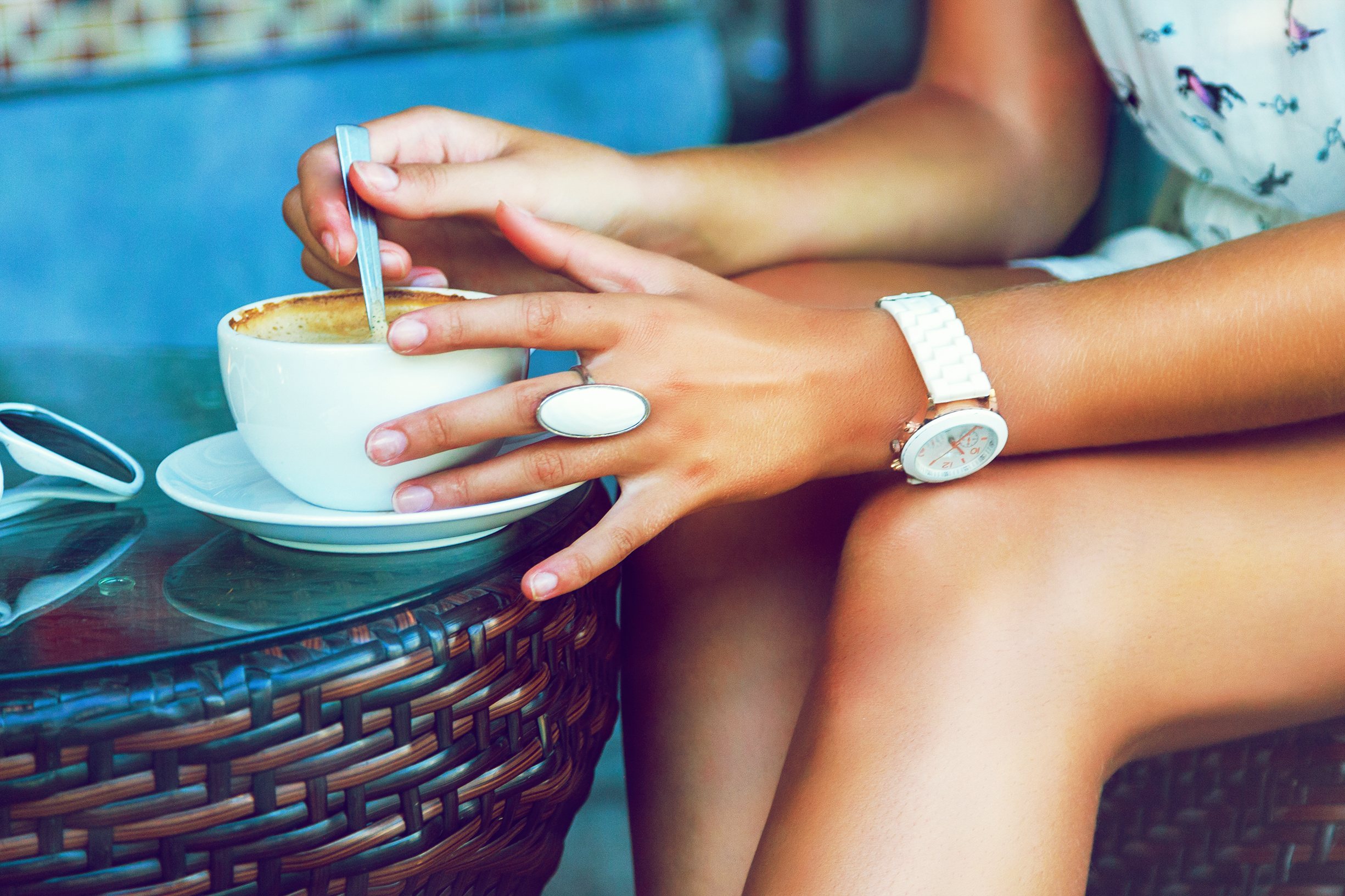 Ann Haritonenko/Shutterstock
Ann Haritonenko/Shutterstock
Cafés
Dakar's coffee culture has its quirks. While sipping at a tiny plastic cup of extra-sweetened coffee from a street vendor is a quintessential experience, the city's growing cosmopolitan vibe has ushered in a wave of Western-style cafés. These new spots offer a tranquil escape from the city's hustle, providing a perfect setting to enjoy a hot coffee, a quick snack, or a creamy dessert. Here are some recommendations for those seeking a peaceful coffee break in the Senegalese capital.
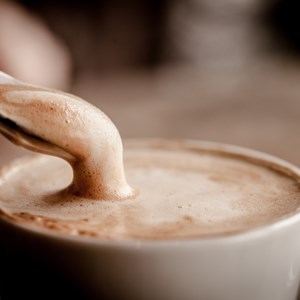 Alexandra Lande/Shutterstock
Alexandra Lande/Shutterstock
Sweet Coffee
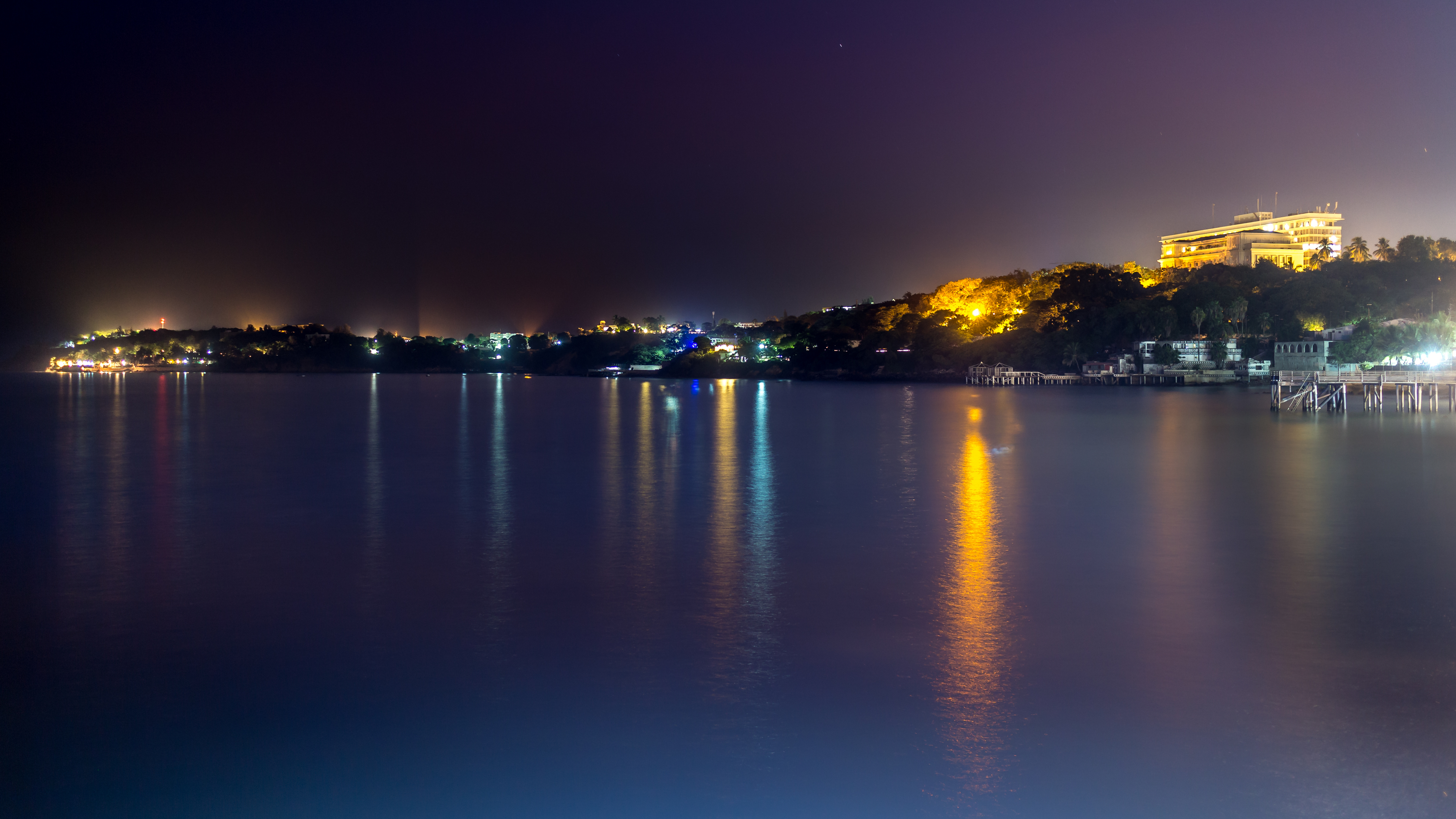 Dereje/Shutterstock
Dereje/Shutterstock
Bars & Nightlife
Dakar boasts some of the best, liveliest, and most varied nightlife in West Africa. Bars serve up cool, refreshing drinks, while nightclubs keep revellers dancing until dawn. The city's cultural scene is equally impressive, with a wide array of musical events, film screenings, and performances regularly taking place across the city.
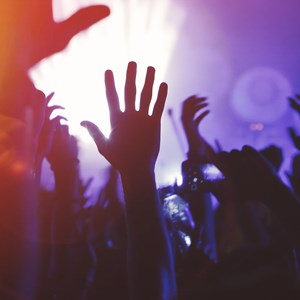 nd3000/Shutterstock
nd3000/Shutterstock
Phare des Mamelles
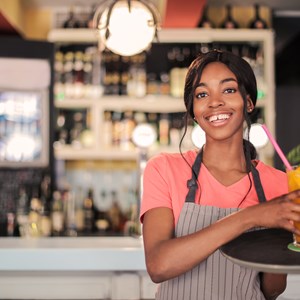 Ollyy/Shutterstock
Ollyy/Shutterstock
Bayékou
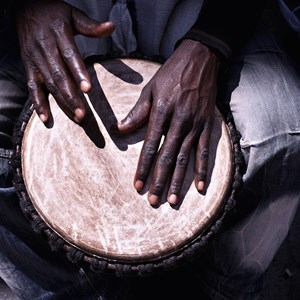 Fresnel/Shutterstock
Fresnel/Shutterstock
Le Thiossane
 Fer Gregory/Shutterstock
Fer Gregory/Shutterstock
Institut Français du Sénégal
 Andrey_Kuzmin/Shutterstock
Andrey_Kuzmin/Shutterstock
Théâtre Daniel Sorano
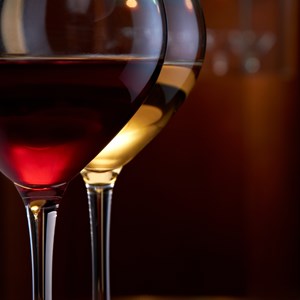 Anton Violin/Shutterstock
Anton Violin/Shutterstock
Le Patio
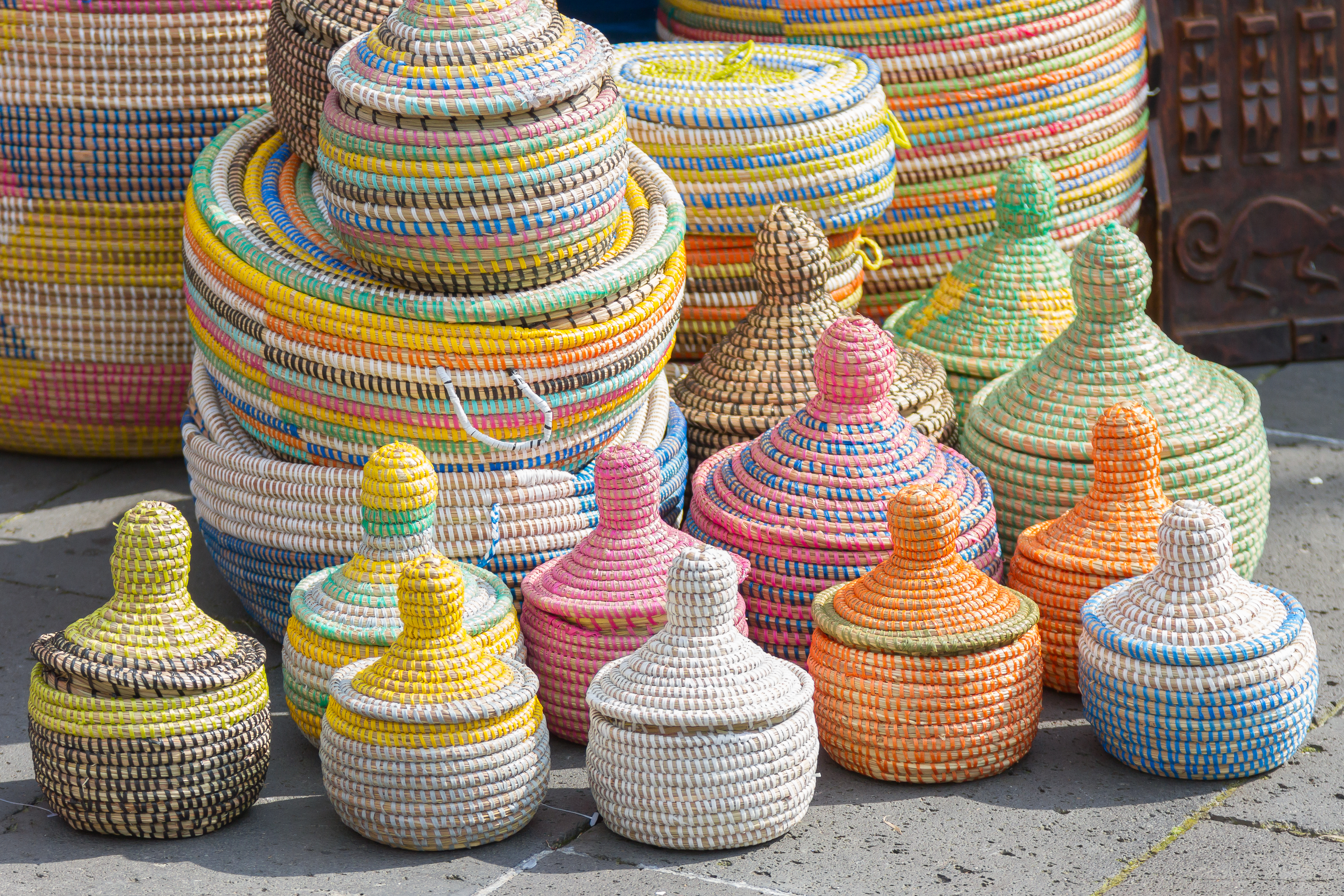 Gines Romero/Shutterstock
Gines Romero/Shutterstock
Shopping
Dakar's shopping scene thrives in its vibrant and diverse markets, each bursting with colour and offering a wide range of goods. From fabrics to local produce, these markets cater to all sorts of needs. Haggling is a must for securing the best deals, but be cautious of pickpockets who may take advantage of the bustling atmosphere.
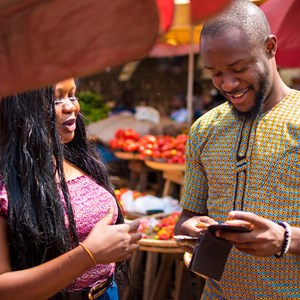 i_am_zews/Shutterstock
i_am_zews/Shutterstock
Marché Sandaga
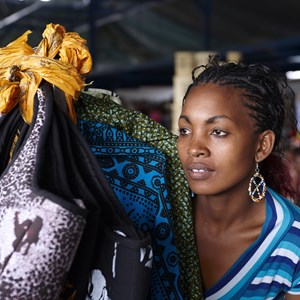 Fresnel/Shutterstock
Fresnel/Shutterstock
Marché Soumbédioune
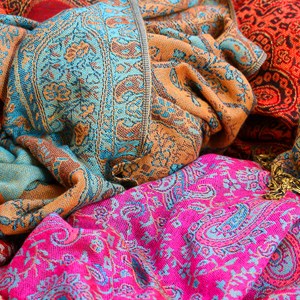 ChiccoDodiFC/Shutterstock
ChiccoDodiFC/Shutterstock
Marché HLM
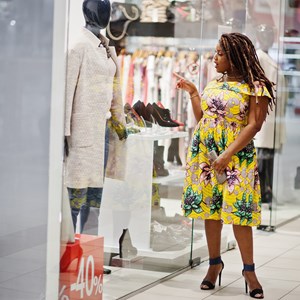 AS photo studio/Shutterstock
AS photo studio/Shutterstock
Sea Plaza
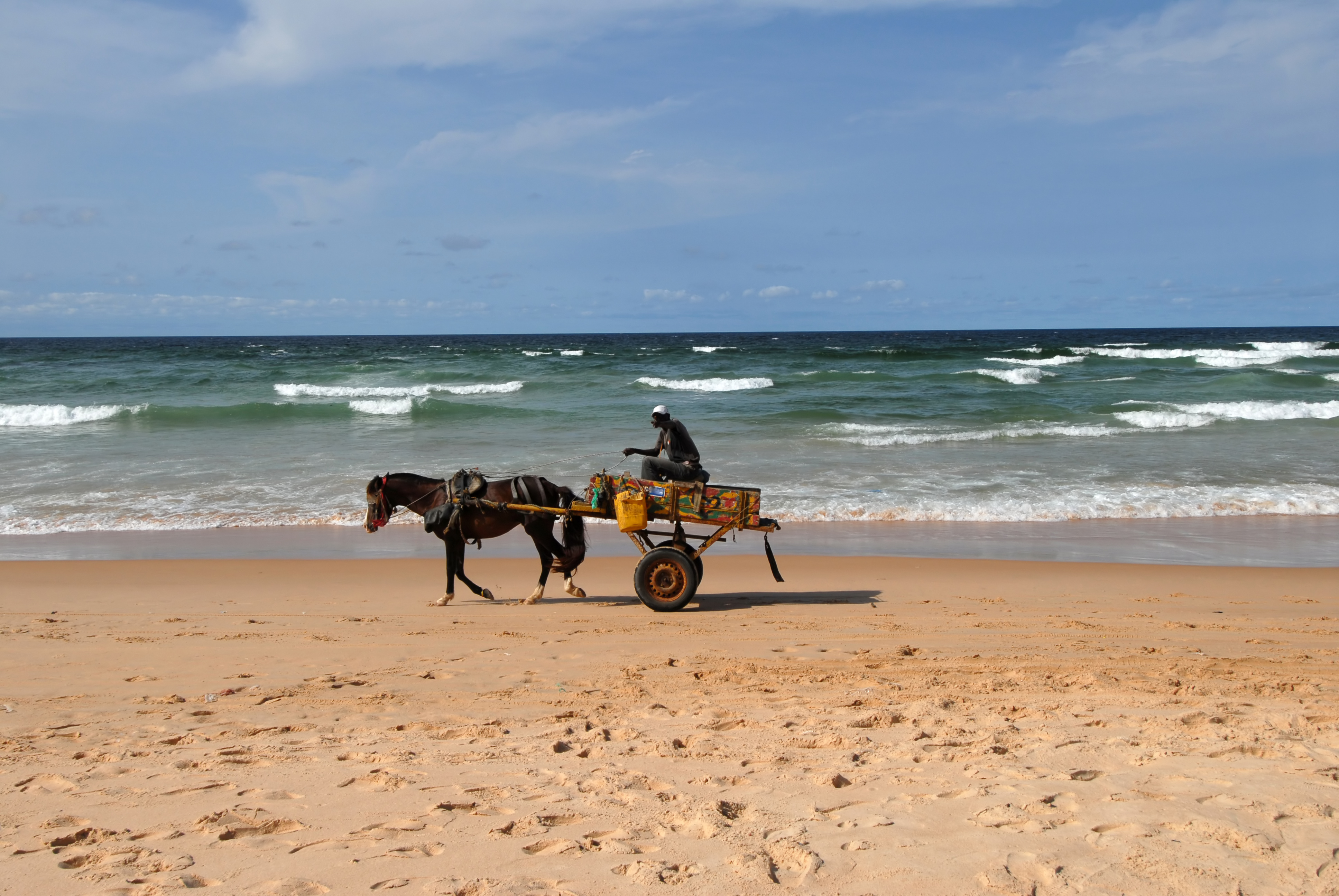 africa924/Shutterstock
africa924/Shutterstock
Tourist Information
Passport / Visa
Citizens of the following countries can visit Senegal visa-free for a stay of up to 90 days: the European Union citizens, Benin, Brazil, Burkina Faso, Canada, Cape Verde, Central African Republic, Congo, Côte d'Ivoire, Djibouti, Gambia, Ghana, Guinea, Guinea-Bissau, India, Japan, Kenya, Liberia, Malaysia, Mali, Mauritius, Niger, Nigeria, Sierra Leone, Singapore, South Korea, Togo, Tunisia, United States. They need a passport that is valid for at least 3 months from the date of arrival.
Citizens of most other countries can obtain a 30-day visa on arrival, provided their passport is valid for at least the next 6 months.
Note that evidence of return or onward travel may have to be presented in order to enter the country. A certificate of vaccination against yellow fever might also be necessary if travelling from endemic countries.
If you're not sure whether or not to apply for a visa, we recommend that you contact the embassy or consulate in your country.
Address:
Email:
Phone:
Website: en.wikipedia.org/wiki/Visa_policy_of_Senegal
More Information:
Best Time to Visit
The best time to visit Dakar is during the dry season, namely from November through May, when the average temperature is around 20°C/68°F and rain is basically non-existent. Of course, this is also the high season. The period from June through October is the wet season, with hot, humid days and frequent rainfall. During this period, you can find good deals and still have a pleasant stay, but be prepared that business may be closed.
Address:
Email:
Phone:
Website:
More Information:
Blaise Diagne International Airport (DSS)
The new airport serving the city of Dakar is the Blaise Diagne International Airport (IATA code: DSS), which is located about 43 km (27 mi) east of the city centre. Blaise Diagne International Airport is a modern and well-equipped facility that opened in 2017 to replace Léopold Sédar Senghor International Airport as the main airport serving Dakar and the surrounding region.
The airport has a single terminal building that serves both domestic and international flights, and offers a range of amenities and services for travellers, including shops, restaurants, and lounges, as well as a number of banks and currency exchange offices. The airport also has a range of transportation options for travellers, including car rentals, taxis, public buses and a train called Train Express Regional (TER).
Address: Aéroport international Blaise Diagne, Ndiass, Senegal
Email: contact@dakaraeroport.com
Phone: +221 33 939 59 00
Website: www.dakaraeroport.com/en
More Information: The airport was named after Blaise Diagne, the first black African elected to France's parliament in 1914.
Public Transport
Navigating public transport in Dakar may initially seem daunting because of its apparent disarray. The city's streets are awash with colour, mirroring the vivid hues of the local buses. Traditional attire, particularly the wax fabric dresses worn by women, adds to the kaleidoscope of colours.
Dakar's public bus system is called Dakar Dem Dikk. It is relatively reliable and very affordable, but the bus network can be very difficult to figure out if you're not already familiar with it. Be sure to ask a local if you're not sure which bus to take to get where you're going.
Public buses, distinguishable by their blue paint and numbering, are a common sight. While affordable, with fares around 200 CFA francs, they require some getting used to. Routes are not clearly mapped, and schedules are unpredictable, leading to sporadic service. Despite these challenges, these buses are a mainstay for locals, connecting various parts of the city, including the airport.
In contrast, the multicoloured buses, a more informal mode of transport, offer a different experience. Fares range from 50 to 100 CFA francs, depending on the distance. These buses are typically crowded, with passengers boarding from the rear and finding space wherever possible. Vigilance is advised, as the close quarters can lead to petty theft.
Address:
Email:
Phone:
Website:
More Information:
Taxi
Taxis are ubiquitous in Dakar and can be flagged down anywhere. They are fast and safe as well, but you must haggle and agree on the fare before getting in. Taxis can also be caught in front of major hotels. They are usually yellow and black with a printed number on the side.
Address:
Email:
Phone:
Website:
More Information:
Post
La Poste Senegal is the public company in charge of postal services in Senegal, with several offices in Dakar. The central post office is located along Boulevard El Hadji Djily Mbaye.
Address: Poste Centrale, Immeuble Azur 15, 12 Boulevard El Hadji Djily Mbaye, Dakar
Email:
Phone:
Website:
More Information:
Pharmacies
Pharmacie Nelson Mandela
12 Avenue Nelson Mandela, Plateau, Dakar
Open 24h
+221 33 821 21 72
Pharmacie Guigon
Avenue du Président Lamine Gueye, Dakar
Open Mon–Sat 7:30am–10:30pm, Sun closed
+221 33 823 03 33
Pharmacie Mame Oumy Gueye
Sacré Coeur 71, Dakar
Open Mon–Sat 8:30am–11pm, Sun 9am–10pm
+221 33 825 59 99
Address:
Email:
Phone:
Website:
More Information:
Telephone
Country code: +221
Area code: 8
Address:
Email:
Phone:
Website:
More Information:
Electricity
Senegal uses type C, D, E and K power plugs and sockets. All four types use round pins. The standard voltage is 230 V at a frequency of 50 Hz.
Address:
Email:
Phone:
Website:
More Information:


